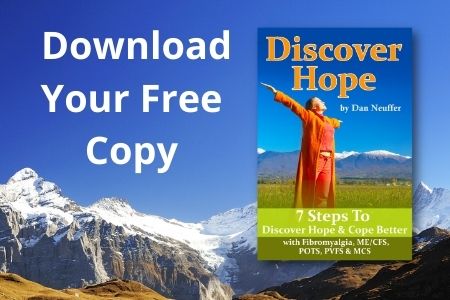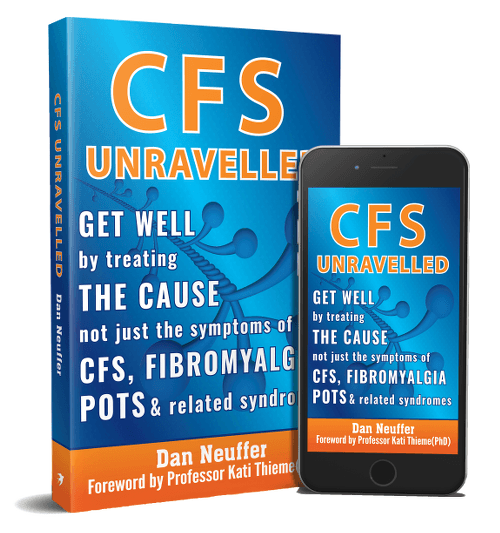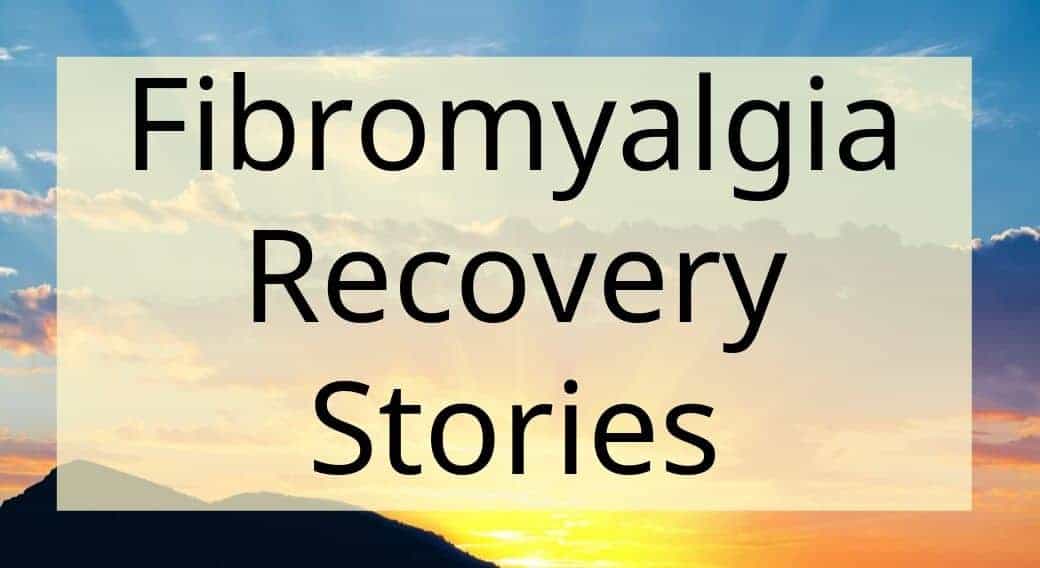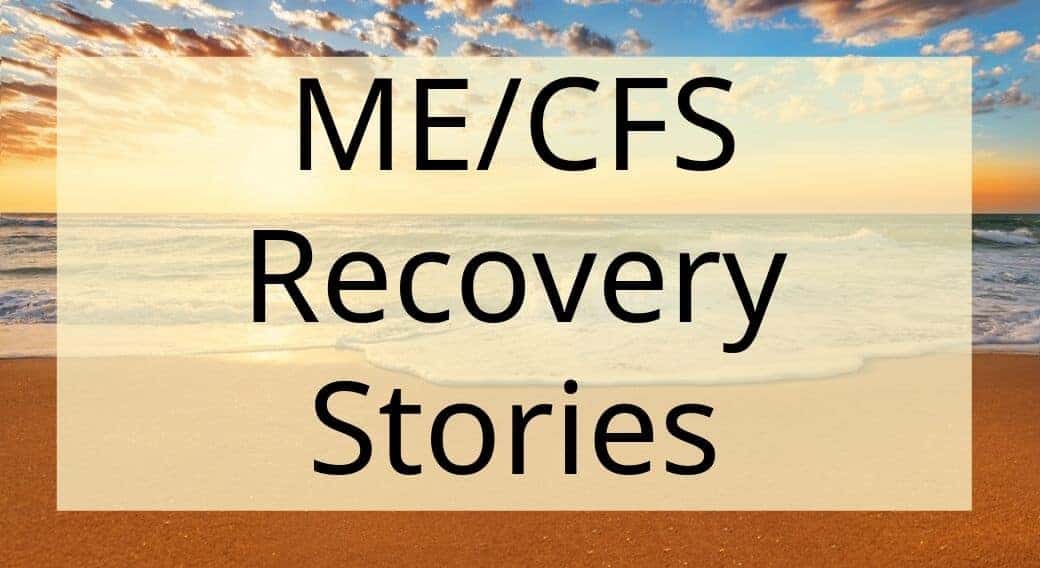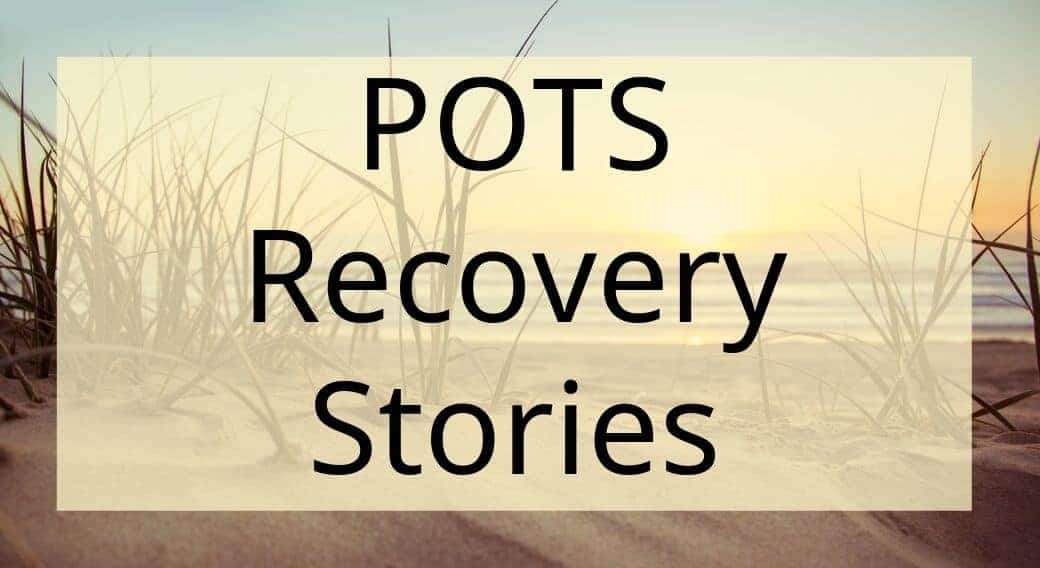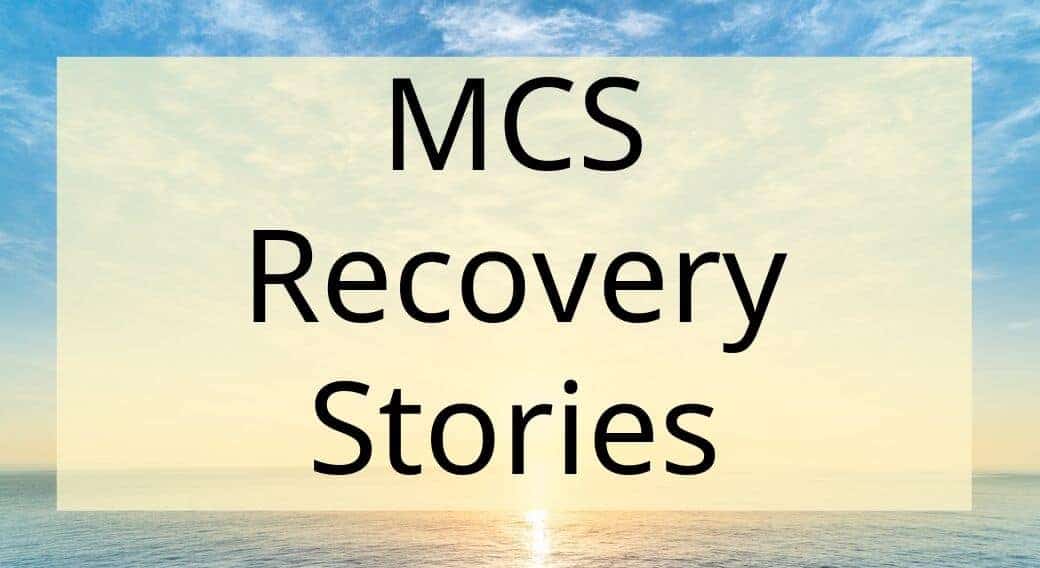Show Notes
Imagine waking up every day feeling like you're trapped in a never-ending cycle of fatigue, pain, and frustration. You've tried countless strategies, followed advice from experts, and yet, progress seems elusive. This is the reality for many people living with ME/CFS, Fibromyalgia, POTS, MCS, PVFS or long-covid.
In this episode, Dan dives deep into the often-overlooked aspect of recovery—it's not just about knowledge. Yes, understanding your condition is important, but the real challenge lies in consistently taking action, even when the odds seem stacked against you.
Dan also talks about why so many people get stuck despite knowing what they need to do and offer practical strategies to break the cycle. Whether you're struggling with ME/CFS, Fibromyalgia, POTS, MCS, PVFS, long-covid or supporting someone who is, this post is packed with insights to help you stay the course, overcome setbacks, and move closer to recovery.
Watch the video and discover why mindset, persistence, and belief might just be the missing pieces you've been searching for.
Timestamps
| Introduction: The Struggle with Recovery | 0:00:00 |
| The Knowledge Trap | 0:00:11 |
| A Familiar Scenario | 0:01:02 |
| The Inconsistency Problem | 0:02:48 |
| The Role of Belief and Motivation | 0:04:51 |
| The Importance of Mindset | 0:08:41 |
| Your Challenge for Recovery | 0:10:00 |
| Conclusion and Call to Action | 0:11:06 |
Links
Here is a link to the ANS REWIRE program.
Transcript
Have you ever felt like you're drowning in advice about recovery, yet still find yourself stuck? What if the missing piece isn't what you think? You know, we live in a world that glorifies knowledge. From academic achievements to intellectual pursuits, it seems like the more we know, the better off we'll be.
But what if I told you that knowledge isn't always the key to changing our lives? What if I told you that perhaps, just maybe, you already know most of the things you need to do to recover? Well, a decade ago, I probably would have said that makes no sense. But my experience and study of people who recover have shown that whilst knowledge is very important, sometimes critically important, without this other aspect of recovery, knowledge is literally useless.
Let's dive into a scenario many of you might find eerily familiar. Does this sound like you? You decide that based on some knowledge, you discover that a specific diet will be helpful for you to recover. You cut out your favorite foods, you add a bunch of new foods, and you eat your diet perfectly for the first day.
Good job. Boy, that was hard. The next day you do the same. You're feeling a bit flat. You're missing out on your usual treats and rituals around those treats. You wonder is this going to work anyway. Day three. You're out at lunchtime, and food options are limited. You eat something that's okay but not ideal, not strictly as the diet suggests.
And when you have dinner that night, you wonder if eating this food is really going to make a difference, given that you messed up at lunchtime. You're not feeling any different. Day four. You're tired of making the effort. You think that diets maybe are just fads. You manage to eat a compliant breakfast, but by lunchtime, your partner's cooked a meal for the family that is totally not your diet.
They suggest making some changes to the meal for you, but you say, “don't worry about it.” And you eat the lunch. Does that sound familiar? How many times have you started something only to let it fizzle out after a short time? If you're like most of us, then it's probably happened numerous times, and we have to find a way to change that.
You know, we always think it's all about knowledge. But just consider people who are very overweight as an example. Do you really think they don't know what to do? Yeah, sure, some know better than others, but I would suggest, broadly speaking, most people would recognize that reducing high-calorie foods and increasing physical activity is key to creating change.
So why doesn't it happen? The answer is that it doesn't happen for a variety of reasons, but there is an inability to consistently engage in a new set of behaviors. Yes, we need some knowledge. Thinking that a diet of donuts and cheesecakes is the answer probably won't help anyone. But clearly, we actually often have a lot of knowledge we seek already.
What's often missing is the consistent and persistent taking of action. Only that can lead to change. You know, there are many doctors who have used the ANS REWIRE program for themselves. I often ask them this question: If you had a heart patient with a condition, and you had a medicine that you know works 100 percent of the time for 100 percent of the patients, but people with this condition who don't take it deteriorate severely 100 percent of the time within a year.
What percentage of patients that you prescribe this medication will be fully well in one year? You know, I always giggle because most of the time I get an answer very quickly. And guess what? The answer is always less than a hundred percent. How can this be? Such a serious condition, such a simple solution.
Surely everyone would swallow that pill. But now, treatment compliance is an issue for all of us. I wonder if you're starting to open your mind to the possibility that it's not always about more action. Let's have a look at two people. Ask yourself this question: which of these two people will do better?
So, person A, they've got two good strategies, two good recovery strategies, and they do them consistently. Person B, well, they've got six good recovery strategies, but they do them inconsistently. Now, of course, it depends. I don't think we can say for certain, but let's recognize this. If person B has superior knowledge, a really key recovery action that person A doesn't know about, would that make a difference?
Probably not, right? Now seriously, life with chronic illness is hard enough already. And now we're faced with all this effort for who knows how long. How can we possibly make all this happen? You know, it reminds me of an interview that I did many years ago. I won't mention the person, but one thing they said really stuck in my mind.
They said that belief doesn't matter. If something works, it works. I couldn't have disagreed more. Sure, that works for things that produce immediate results. But even so, to continue to benefit, you need ongoing belief, which of course is easy to attain with something that works so obviously. But if treatments or recovery strategies take time to produce results, you need to have enough belief in them in order to keep going long enough to experience change.
That's where most of us falter. Because it seems that we are neurologically wired for short-term results. So what can we do? Well, we need to strengthen our belief, and we need to be deeply motivated for the result that we're seeking. We need to arm ourselves with a range of strategies that support us in being more consistent and persistent with our efforts.
It's not about being harsh or bullying ourselves, it's about being gentle, kind, and effective. That's why these days, for critically important treatments, like the hypothetical heart medication example earlier, doctors will seek to educate their clients, their patients about the consequences of disease progression, as well as the efficacy and basis for treatment.
If a patient truly believes that they will deteriorate without a treatment and truly believes that the treatment will work and that it's safe, the chances of treatment compliance are likely to be much higher. And that is why the ANS REWIRE program is so heavily focused on building a base of understanding through education. And some people point out that it's a bit heavy in science. And I appreciate that not everybody needs that, but much of the information is not there to help you add recovery strategies, but rather to ensure that you stick to the recovery strategies.
Being chronically ill is hard, and much harder than most people realize, including chronically ill people. So remember, recovery is not about knowledge alone. It's about taking action. It's about overcoming obstacles, overcoming setbacks, and failures. That's why it's also about mindset and beliefs. All these things matter for all illnesses, not just ME/CFS, post-viral fatigue syndrome, or long COVID, fibromyalgia, POTS, MCS, and so on.
They actually matter for all different kinds of illnesses too. In fact, they matter for all the challenges in life, not just health challenges. And that's why these things, including a virtual coaching component, are part of the ANS REWIRE recovery program. So, if you're not in the program, find a way to include such things and to focus on these kinds of things as part of your recovery strategy.
Mindset matters. Get some help if you need to, ideally from a coach experienced in your condition. Even if you try to do it yourself, you can make significant improvements by simply journaling. Asking yourself the questions of what you can do. You have a lot more answers than you might realize. I have a challenge for you, but first, let me ask you what your experience has been.
Have you been sucked into the research abyss? Have you found yourself abandoning strategies before they even had a chance to work? How much time and effort have you wasted like that? Anyway, here's your challenge. The challenge is to choose three strategies, whatever they are—diet, pacing, rest times, meditation, any other lifestyle or physical strategy, or perhaps a supplement treatment, whatever it is.
And after you've committed to them, decide when you will do them during the day or during the week. And each day, look at your plans. And at the end of the day, write down whether you managed to hit your goal of doing these things or not, what got in the way, and reflecting on this, ask yourself, what could you have done better to overcome the challenges?
Just do it for seven days and let us know how it impacted your ability to follow through. And whilst you are in action mode, I would appreciate it if you just click that like button below, and subscribe if you haven't already, and leave a comment and response to the questions I post. Hopefully, that will help some other people benefit from this video.
Until next time, please remember to make every choice your best choice.
Other Resources
CFS Unravelled is the book that started it all, outlining the explanation for the pathogenesis of ME/CFS, Fibromyalgia, POTS, MCS and related syndromes and explaining how recovery is possible.
All my email subscribers receive additional FREE resources like my book Discover Hope. So consider subscribing and reading the book to rediscover hope.
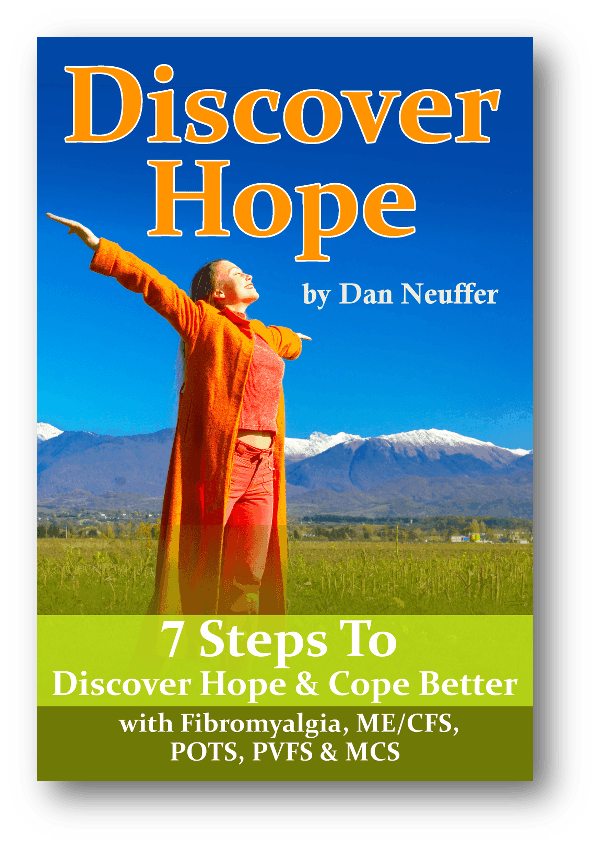
If you would like to learn more about the ANS REWIRE program, check out the 4 free intro lessons or visit the ANS REWIRE website.
Check out some other recent episodes
You can see the full list of episodes HERE.

